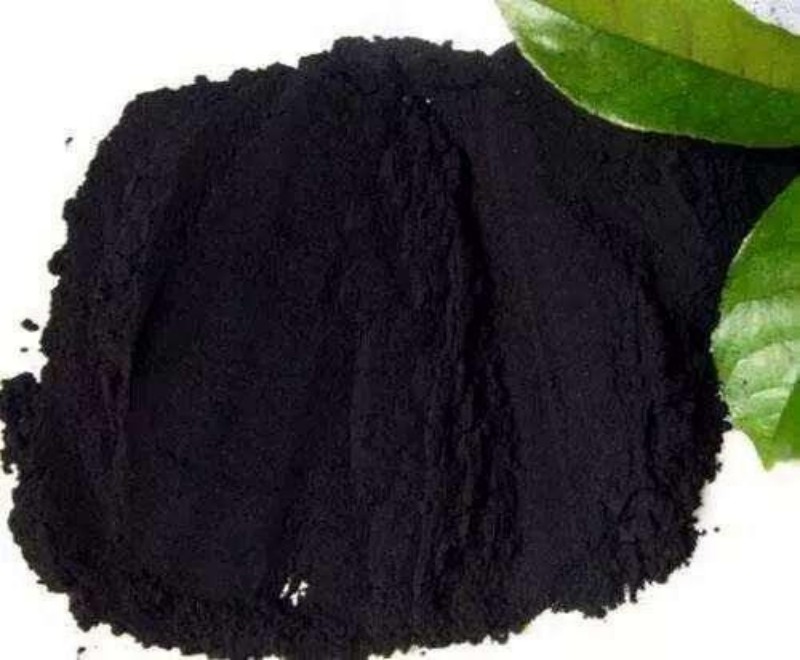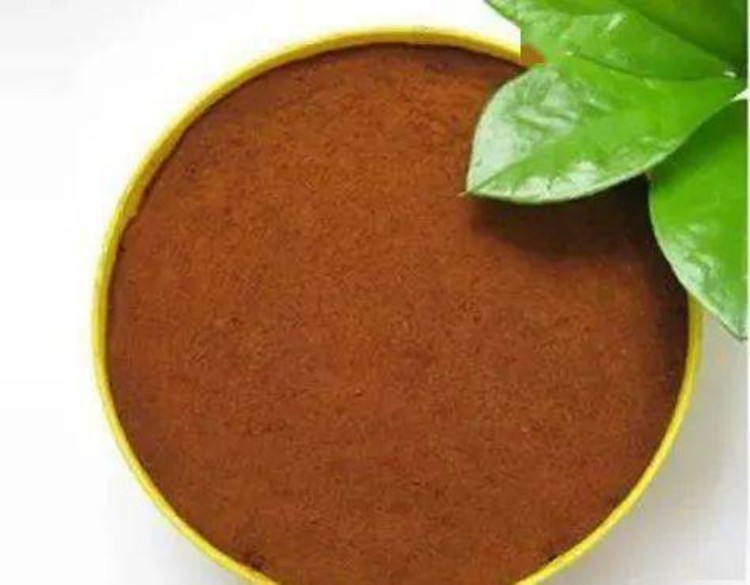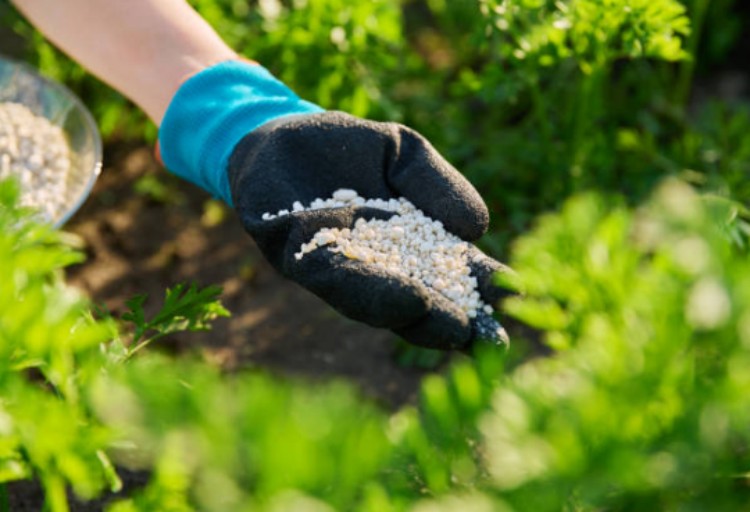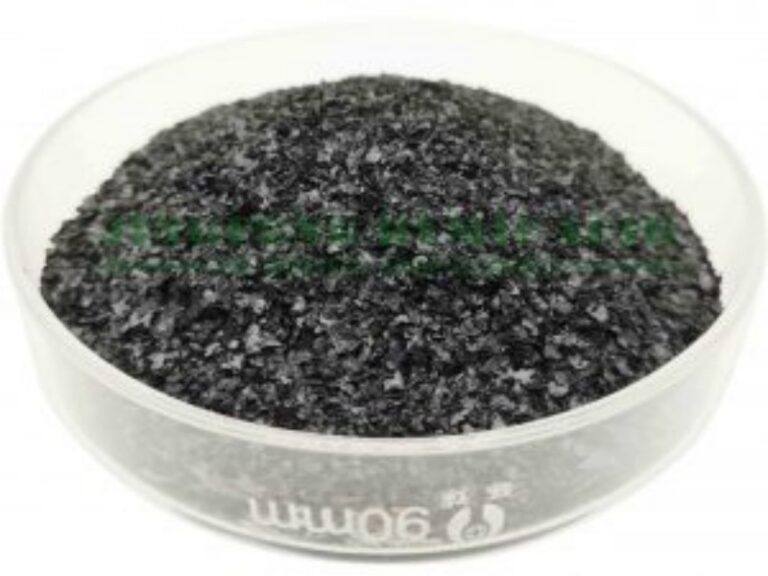First of all, in terms of formation, mineral potassium fulvate is formed by the transformation of animal and plant residues through soil microorganisms over tens of millions of years. The mineral fulvate we are talking about is a type of small molecule organic compound extracted from lignite, which is the most valuable part of humic acid for agricultural production and soil remediation. Biochemical products are currently made from sucrose, monosodium glutamate, and papermaking waste.
Secondly, the amount of mineral potassium fulvate used is only 1/10 of that of biochemical potassium fulvate. Taking bottom application as an example, the amount of mineral potassium fulvate used per mu is 300-500g, while the amount of biochemical potassium fulvate used is more than 5-10 kilograms.

Potassium Humate from Mineral Source for sale
Third, in terms of ingredients, since mineral humic acid is mainly extracted from lignite formed over billions of years, it contains rich functional groups such as hydroxyl, carboxyl, phenolic hydroxyl, methoxyl, etc., and has high activity, while the main components of biochemical potassium humate are polysaccharides, lignin, and protein, with very few functional groups, so the effect in improving crop quality and efficiency, soil remediation, etc. is naturally much better than ordinary biochemical humic acid. In addition, mineral potassium humate is composed of 60-70 mineral elements, which is exactly what the soil needs to supplement. In addition, the organic matter content, mineral humic acid is the essence formed by the remains of animals and plants, and the organic matter content is much higher than that of biochemical humic acid.
Fourth, mineral humic acid has a unique structure and is suitable for fertilizer addition. Mineral humic acid has a large exchange capacity of the hole structure, which can form a soil aggregate structure, improve fertilizer utilization, and does not absorb moisture. The biggest drawback of biochemical humic acid is that it easily absorbs moisture. When used as a functional fertilizer or compound fertilizer additive, if 1 ton exceeds about 25 kilograms, the fertilizer will seriously absorb moisture and clump, or even turn into mud.





